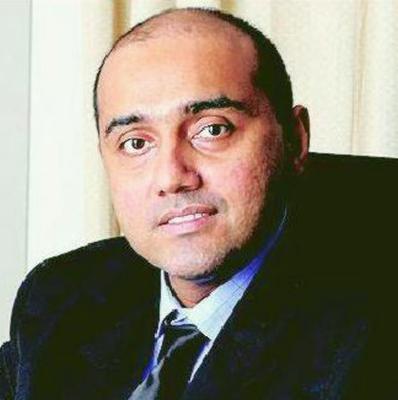
When Gopal Vittal spent time as head of marketing at Airtel, between 2006 and 2008, he was with a company at the top of its game.
It had pioneered a canny model of outsourcing its infrastructure and networking needs, paying for capacity, not hardware, as it both streamlined its finances and gobbled subscribers.
It grew at a remarkable rate, made large profits and extended its market share lead over its peers.
What a difference five or six years can make. Today, the leviathan is in trouble, mired in a quicksand of declining numbers, adverse trends, increasing competition and the hammer blows of regulation.
To re-discover its winning ways, it needs to do nothing short of re-inventing itself.
For one, Airtel's voice business has become saturated, growing at only 10 per cent today versus 50-100 per cent in the past.
Price wars have slashed rates by close to 50 per cent, affecting its top line growth and eroding profits by as much as 70 per cent over 11 consecutive quarters of decline.
...
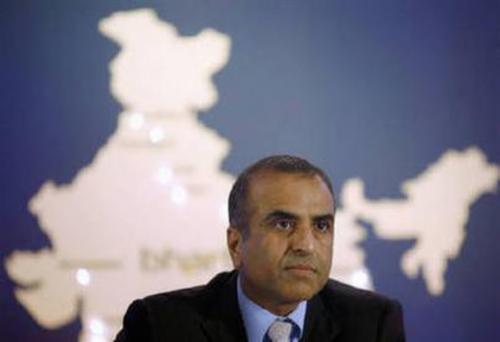
Of real worry has been seven out of eight quarters of slumping revenue market share - the metric that most defines performance. (It dropped from 27 per cent in March 2010 to 21 in November 2012.)
So, it should have come as no surprise that the stock finally hit a six-year low at Rs 248 in August 2012 and was promptly downgraded by several analysts.
This should have been enough to send alarming bells clanging through Airtel's Gurgaon offices. Whether it did or not is unclear - but analysts say that senior management was less than forthcoming about the turmoil they were grappling with.
Things got so bad that one analyst says he heard promoter Sunil Mittal had personally started attending operations meetings.
Promoters today are a different breed from the '80s. They realise that their companies are invariably competing on a global stage with tenacious competitors and business models that, more often than not, change at blinding speed - and all of this was certainly true for Airtel, especially after its acquisition of telecom company Zain in Africa.
...
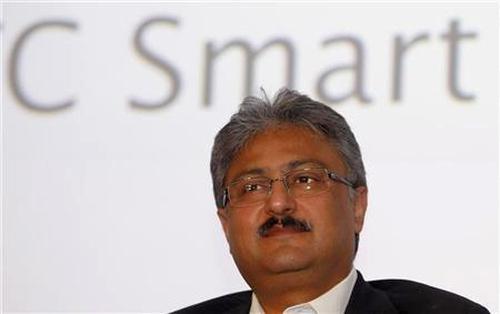
What Mittal needed was someone who could think flexibly and innovatively and be able to craft new business horizons for his company.
Choosing Vittal to be the next chief executive was probably not such a difficult choice. He got to know him well during Vittal's earlier stint at Airtel and realised he had some core skills which would come in handy today.
"While Sanjay Kapoor, Airtel's outgoing CEO, was an operations guy who was more 'big picture,' Vittal is a details guy, and more strategic," says one analyst.
Plus, with 1.3 million retail outlets, Airtel is more of an FMCG company, he adds, and this can play into Vittal's core competence, having been the second-in-command at Hindustan Unilevers before his new appointment.
Most important, Vittal pioneered HUL's rural push, something telecom companies have so far failed at.
"He has a great reputation as a leader, thinks in the short and long term and is known for his ability to connect with people," says Sanjiv Sachar of executive search firm, Egon Zehnder International.
...
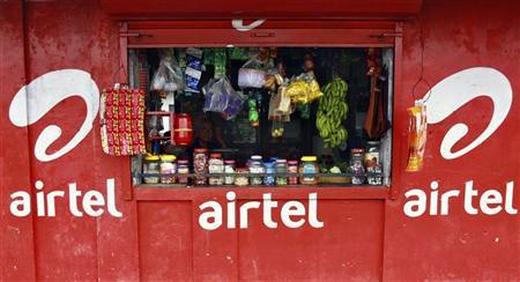
Vittal will hope that these attributes are enough to help him carve out a new opportunity for the company. It won't be easy.
"The company is not very good at retail or customer engagement," says one telecom analyst, suggesting that maintaining quality levels of customer service is a mounting problem.
But the biggest one is figuring out how to keep growing in the next big leap for telecom - data - which comprises 13 per cent of revenue at Airtel today, but where SMSs make up 10 per cent.
Here, Vittal needs to offer a branded differentiator that is a signature Airtel experience. This means, intertwining retail, web and DTH in better bundles and being able to integrate devices.
High value, post-paid customers need to be wooed, something Airtel has not been very good at.
...
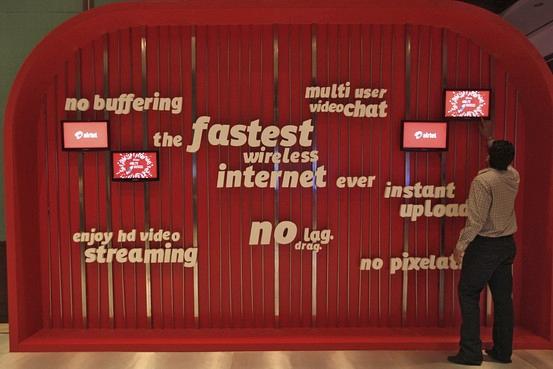
The most pivotal part of Vittal's task list is navigating a recurring billion dollar question (literally) - how to place bets while building-out various networks, such as 2G, 3G or 4G, simultaneously.
Getting it right can be tricky and the shifting sands of technology can render a decision fatal. For instance, the idea of continuing to expand the rural network through 2G may seem like a good idea.
But suddenly, low-end smartphone prices could plummet to around Rs 3,000-Rs 4,000 (Rs 30-40 billion), making 3G the new front-runner.
So, it's a good thing Vittal spent the last year with Airtel on a stealth tour of advanced telecom markets, in Singapore, Japan and Australia, to better absorb the complex dynamics at play.
He will now need to pore over his homework if he intends to successfully guide Airtel through what will be a whole new era for telecom.